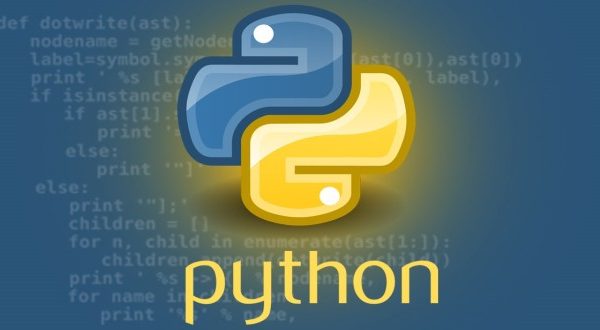Deploying Django Applications to AWS EC2 with Docker

Introduction
In the fast-paced field of web applications, containerization has become not only common but the preferred mode of packaging and delivering web applications. Containers allow us to package our applications and deploy them anywhere without having to reconfigure or adapt our applications to the deployment platform.
At the forefront of containerization is Docker, which is a tool that is used to package and run applications in containers that are platform agnostic. Serverless technology is also flourishing in this era of containerization and is proving to be the go-to option for developers when deploying their applications with more and more providers allowing users to deploy containerized software.
While building an application is important, making it available to the end-users is also a crucial part of the product. In this post, we will package a Django application using Docker and deploy it to Amazon’s EC2.
What is EC2?
Amazon’s Elastic Compute Cloud (EC2) is an offering that allows developers to provision and run their applications by creating instances of virtual machines in the cloud. EC2 also offers automatic scaling where resources are allocated based on the amount of traffic